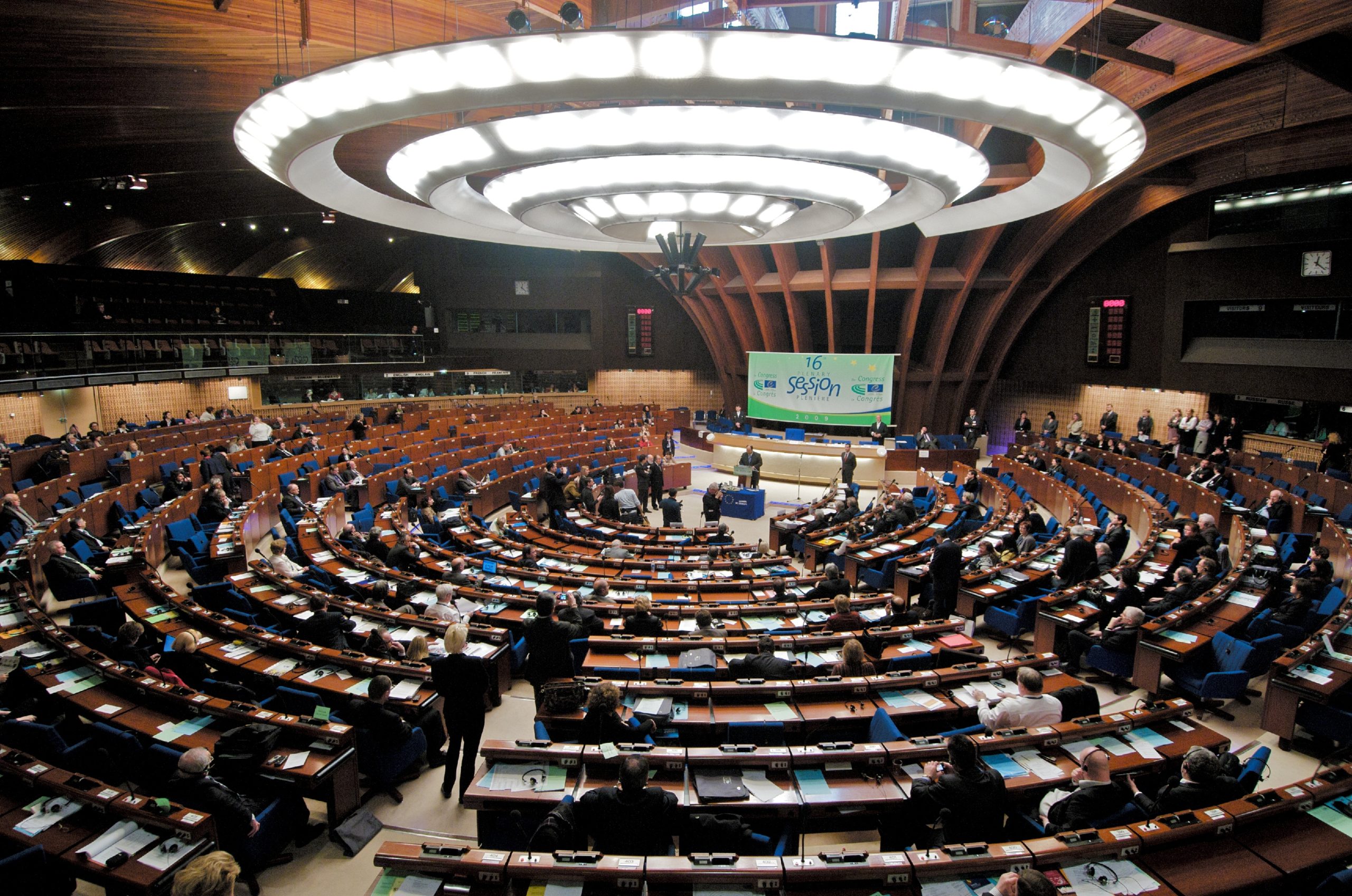Access Now advises the Council of Europe to develop guidance for regulations that protects users’ freedom of expression and freedom from surveillance
Access Now has provided input [PDF] to the Council of Europe (CoE) Committee of Ministers on a draft recommendation [PDF] to member states on internet freedom. The report, prepared by a committee of experts on the cross-border flow of internet traffic and internet freedom, focuses on member governments’ obligations when it comes to protecting and promoting human rights and fundamental freedoms online.
The CoE will be taking comments from civil society groups on the report until 30 April 2015, and we encourage your organisation to submit input.
Our input is aimed at clarifying the norms related to protecting users’ personal data, freedom of expression, and freedom from surveillance. We also address the question of liability for internet intermediaries for hosting content online. In addition, we emphasize the need to implement effective remedies to promote a truly effective implementation of the European Convention on Human Rights [PDF] (ECHR) online.
We recommend that CoE member states foster the development of a free and open internet, specifically by taking a decentralised approach to regulating the internet, which enables all stakeholders — including the private sector, civil society, academia, and technology experts — to participate. We also recommend that member states promote the use and development of open source software, and advance initiatives ensuring unrestricted and affordable access to the internet.
Access also takes this opportunity to remind the CoE that suspicionless surveillance on the internet — and in particular mass surveillance — must be considered inherently disproportionate, and that, as such, this surveillance violates the principles of necessity and proportionality, and therefore violates human rights.
Addressing third-party liability, we underscore that member states should not enforce liability for third-party content, and that any restriction to online content must be clear, in line with due process, and follow the principles of necessity and proportionality. Regulations should not prohibit anonymity, pseudonymity, the confidentiality of communications, or the use of encryption technologies.
Access Now welcomes the CoE’s statement that the ECHR “applies without any distinction to the physical world and to the internet”. To fully apply this principle, we hope the CoE will develop and implement remedies that accord with the United Nations Guiding principles on Business and Human Rights [PDF] and the International Corporate Accountability Roundtable (see here [PDF] and here).
We applaud the Committee’s decision to invite comments from civil society groups, as it shows commitment to fostering an inclusive policy development process. Access Now will be monitoring future developments in this process, and we hope that the final report will reflect a strong commitment to protecting Internet freedom.
Access Now’ full submission to the Council of Europe’s recommendation on Internet Freedom can be found here [PDF].
Contribution by Justine Chauvin
